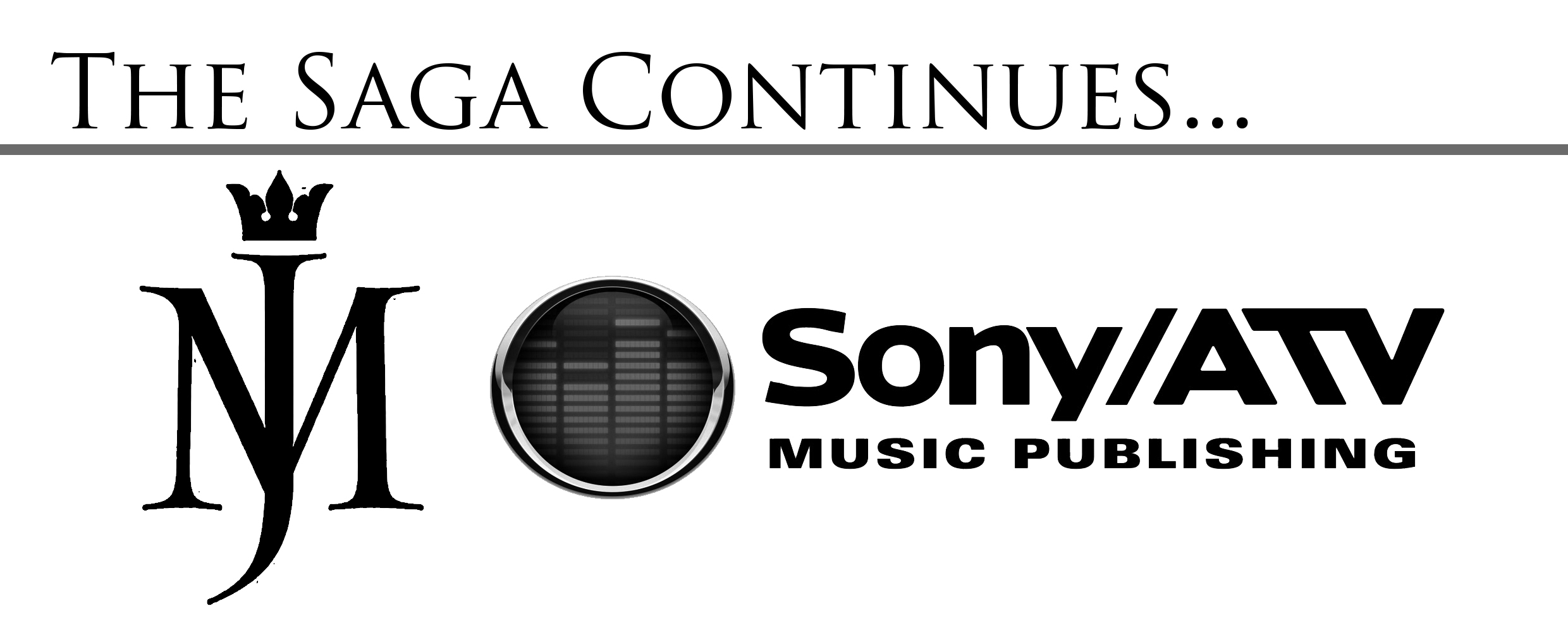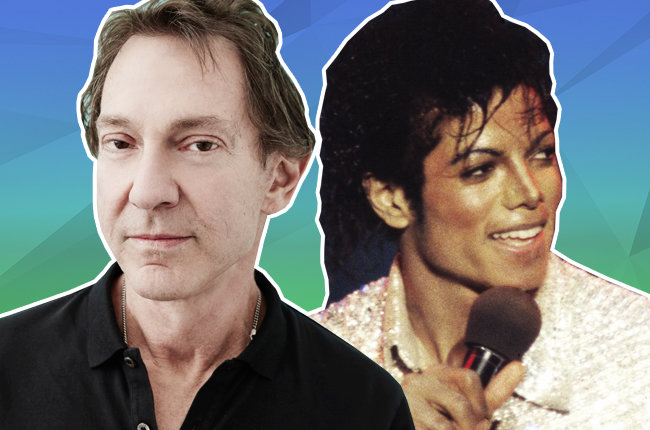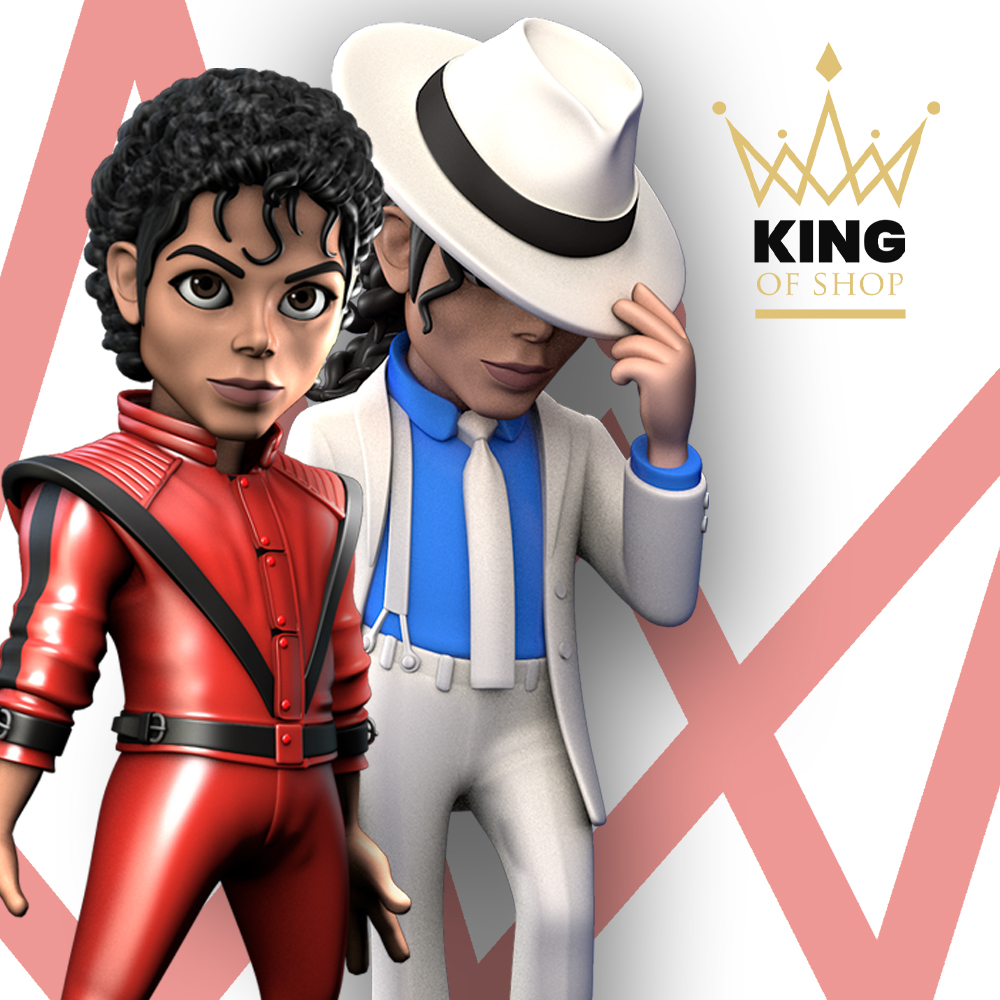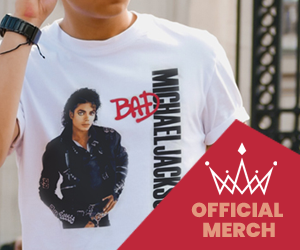
From pricey antiques to a sprawling ranch stocked with exotic animals, Michael Jackson made many investments of varying usefulness over the course of his career. Yet among all of them, ATV Music Publishing — which he purchased for $47.5 million in 1985, merged with Sony in a joint venture 10 years later, and which his estate agreed to sell to Sony for $750 million in a deal announced March 14 — was almost unquestionably the wisest.
Jackson was famously tipped off to the value of music publishing by Paul McCartney — who never forgave Jackson when, with the assistance of longtime attorney John Branca, he purchased ATV: a 4,000-song catalog that controlled the rights to the Lennon-McCartney catalog, as well as songs by Bruce Springsteen, Cher, Elvis Presley, Hank Williams, Little Richard and The Rolling Stones. The loss of that friendship may be the one downside of the deal for Jackson, for which the singer put up just $11 million in cash, according to a source, and used debt to finance the rest of the deal.
Jackson’s first big payoff from the purchase came in 1995, when he joined forces with Sony to form Sony/ATV, acquiring 50 percent of the merged entity and a $110 million payout: A decade after he bought ATV, Jackson already had doubled his initial investment.
Over the years, Sony/ATV grew exponentially, signing up new artists like Taylor Swift, Ed Sheeran and Lady Gaga; acquiring big catalogs like the 55,000-song country powerhouse Acuff-Rose (which includes songs by Hank Williams, Roy Orbison, Boudleaux Bryant and Marty Robbins), early rock writers Jerry Leiber and Mike Stoller (“Jailhouse Rock,” “Hound Dog,” “On Broadway,” “There Goes My Baby”) and Famous Music (125,000 songs, including hits by Eminem, Shakira, Pink and Beck).
The company also brought in former EMI Publishing chief Martin Bandier as chairman, who within a few years had helped bring the sprawling 1.3-million-song EMI catalog — which includes songs from Motown to Deadmau5 — to Sony/ATV in a complex $2.2 billion deal: Sony/ATV administers the catalog and owns just under 30 percent, while the Jackson estate owns just under 10 percent. Once the latter deal closed, Sony/ATV began its still-unbroken streak of 14 straight quarters as the No. 1 publisher in the U.S.
All of that growth has paid off exponentially for the Jackson estate. In recent years, Sony/ATV has been paying an annual dividend of approximately $23 million to the estate, according to Sony’s filings with the SEC. Over the life of his ATV and Sony/ATV stake, those annual dividends averaged about $15 million, according to a source which, if accurate, means Jackson and his estate have collected $560 million from Sony/ATV ($110 million in the initial deal, and $450 million through the years) before this week’s deal, which will deliver another $750 million to the estate.
When Sony triggered the sell/buy clause in its deal with the estate last fall — which allowed either party to buy out the other — sources suggest that the Jackson estate was caught by surprise, but quickly warmed to the idea and privately was seeming as if it wanted to be the buyer. Meanwhile, Sony initially seemed that it wanted to be a seller. (Neither side would comment for this story beyond the statements they’ve issued this week.)
But as the deal progressed and Sony asserted its desire to be the buyer, the Jackson estate, helmed by executors Branca and John McClain, changed its approach and decided to take a payday instead, sources say. The beneficiaries named in Jackson’s will are his three children: Paris, Prince and Michael Jr.

“When you take a step back and look at the estate’s assets and then look at what is the best for the beneficiaries, diversification is a key investment philosophy,” says one industry source. “So while the Jackson estate will still be heavily invested in music through his ownership of his recorded masters; the Mijac catalog [which includes Jackson’s songs as well as the Sly & the Family Stone catalog, songs by legendary soul hitmakers Kenneth Gamble and Leon Huff, and songs made famous by Ray Charles, Elvis Presley and Aretha Franklin]; and its stake in EMI Music Publishing, it gives the estate the chance to invest in areas outside of music and also put some cash in the bank.”
The deal will also allow the Jackson estate to pay off an estimated $250 million in debt, leaving it debt free, sources say.
In selling its stake to Sony, the Jackson estate will receive a $733 million lump sum payment and its last dividend from the company, which Billboard estimates to be $17 million — a total of $750 million. A memorandum of understanding has been signed with a definitive agreement due by March 31 and the deal expected to close either late this year or in early 2017.
Whatever the final valuation for Sony/ATV, Jackson’s investment in the 1985 acquisition of ATV will have paid the Jackson estate $1.31 billion when the deal is done — and it will continue to generate returns for the Jackson estate. The estate still owns its 10 percent stake in EMI Music Publishing — which means if the EMI investment is ever unwound, the Jackson estate should, at the least, be looking at another $220 million windfall, and quite possibly more than that.
If that happens, Jackson’s investment in ATV could end up yielding his estate at least $1.53 billion — and it all began with an $11 million cash investment. “You have to say hats off to Branca,” says an industry source. “He was with Jackson when they bought the ATV catalog — and look at how they parlayed that over the years.”
SOURCE: Billboard



